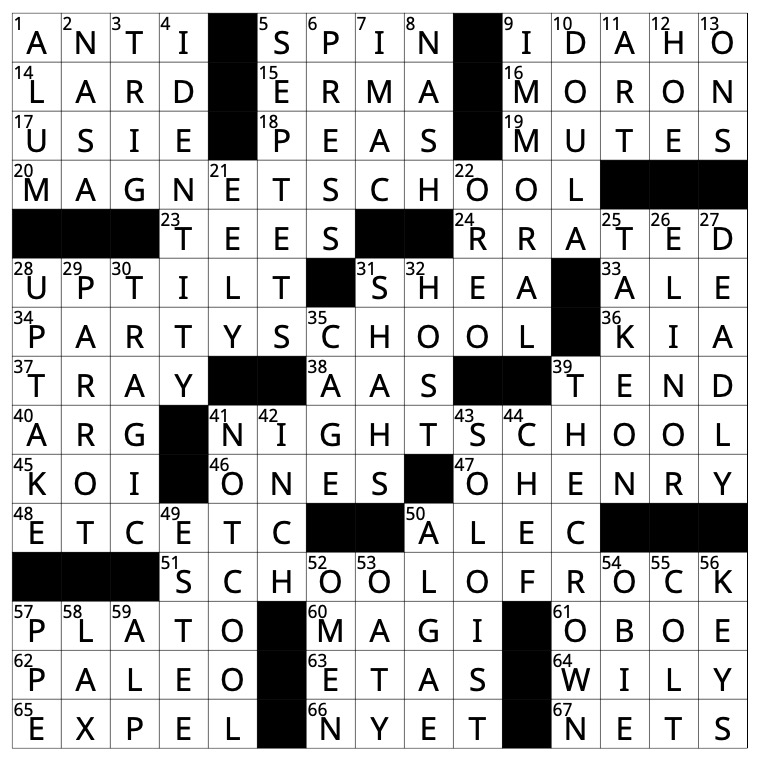The smell of onion wafts out of the classroom as Zachary Getelman ’13, surrounded by soy lecithin and lime, chops ingredients. He then adds them to a blender and prepares a salsa verde foam, with a texture resembling whipped cream or meringue when completed.
The Molecular Gastronomy class, a new directed study, explores the science behind new methods of cooking.
The class, taught by chemistry teacher Krista McClain, meets twice a week – once for a lecture and once for a double period of cooking.
The idea for a Molecular Gastronomy class was suggested by a past student, but McClain was unavailable to teach a new class at that time.
However, when Erin Pindus ‘13 proposed the idea to her dean last fall, her dean directed her to McClain and this time McClain was willing and able to take on a new class.
“I was so curious about all the different little reactions that happen when something is cooked or boiled,” Pindus said. “What makes things taste the way they do?”
“It’s an amazing way to explore a topic that I can’t really delve into too much outside of school but that I’m also so fascinated by. It gives us the resources and freedom to essentially experiment.”
In the class, students have the ability to choose new recipes from cookbooks to websites, so long as they have the required resources and ingredients readily available and accessible. They can then split up into groups or work together in various combinations designed to create a multi-course meal. This way, students can essentially design the course.
McClain read many books on the subject in preparation for the course and continues to use molecular gastronomy websites for ideas. Her favorite books include Robert L. Wolke’s “What Einstein Told His Cook” and Harold McGee’s “On Food and Cooking: The Science and Lore of the Kitchen.”
“I am flexible on altering the course if the students have ideas,” McClain said.
The class has explored recipes ranging from frozen chocolate wind to a saffron crème anglaise, all in one double period.
Head of School Jeanne Huybrechts visited the class as a guest teacher and cooked with the class in their double period. More guests will visit in the future, such as celebrity chef Wolfgang Puck [Byron ’13], as well as local pastry and molecular gastronomy chefs, who will cook with the class.
“Most of our projects so far haven’t worked out perfectly at first, but it’s so fun to keep trying until they do — and it’s really rewarding when we actually make something edible!” Pindus said. “This kind of freedom is why I love the class — If I’m curious about something, I never feel restricted.”
McClain’s favorite recipes have included Nitro Caramel Popcorn, fresh popcorn with a homemade caramel sauce solidified on the popcorn using liquid nitrogen and fruit spaghetti with agar agar, a material commonly used in science labs to run DNA gels.































